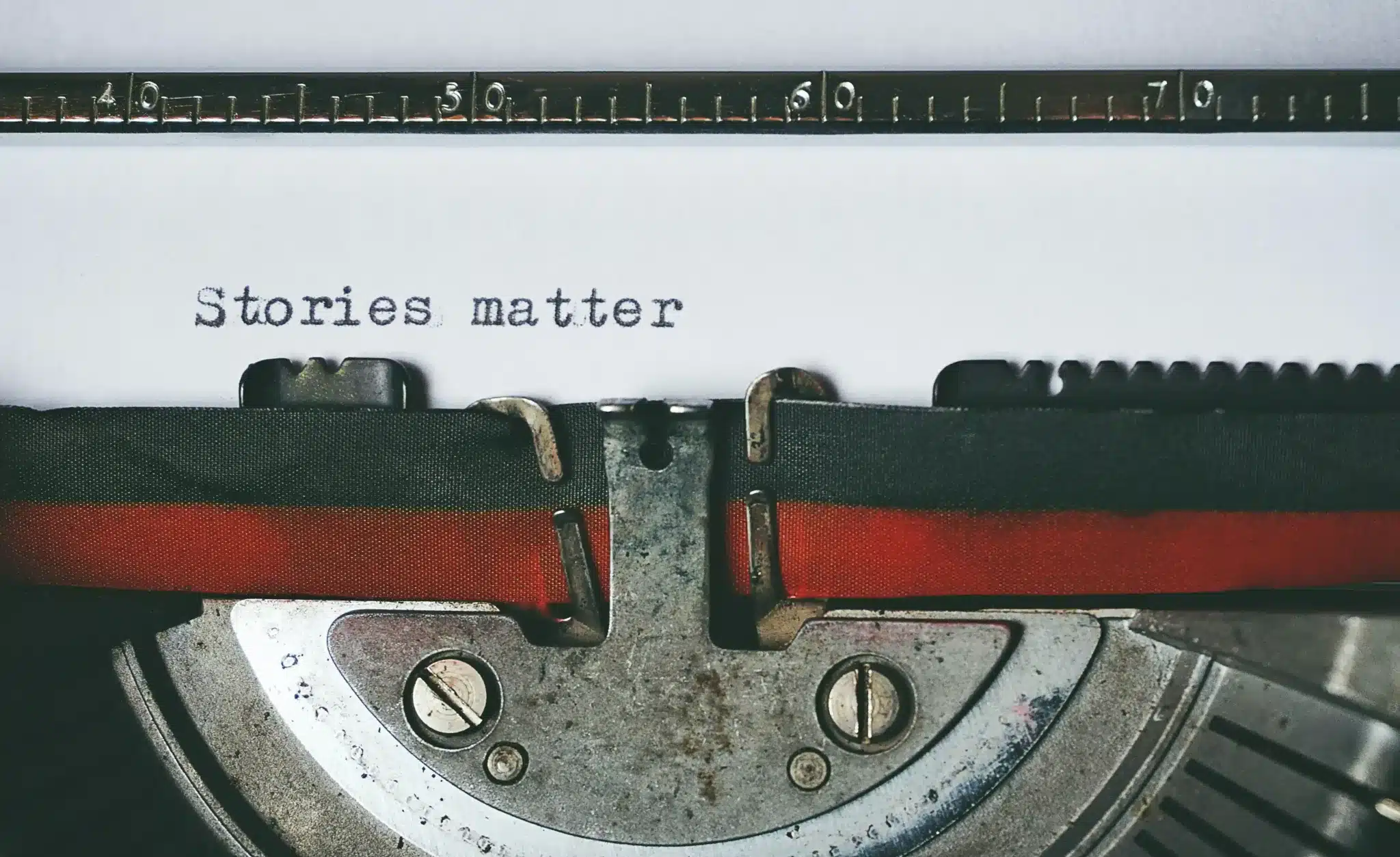TLDR
When I was creating The Rauch Review, at first I decided our book reviews should not have star ratings at all. As an author, I had been frustrated with star ratings. Despite my books receiving high average ratings overall, many of the low ratings with no explanations made me feel like a star rating system could not possibly be fair to authors.
Then one of my team members made a great point: Many of our readers are not going to want to read every word of a long, detailed review. They might be feeling busy at the moment, or they may be worried about spoilers.
So we asked ourselves two questions:
1. How do we maintain our thoughtful in-depth format while satisfying readers who want a quick take from a trusted source?
The answer was to use star ratings, a format readers are familiar with because of ubiquitous sites such as Amazon and Goodreads. As you may have already seen, our reviews have star ratings in the beginning, followed by a long form review with unrivaled depth and thoughtfulness.
This decision led to the second question:
2. How do we employ the star rating system in a way that is fair to authors and informative for readers?
A Quick Guide to the Meaning Behind Our Star Ratings
We use the system of five stars. Unlike the typical system, however, our star ratings have specific meanings that are informative for readers and fair to authors. To understand the complete context of our reasoning, read the entire article.
Before we begin reading a book, we think of it as being five stars. No matter what we’ve heard about it, how it looks or who the author is, we attempt to be objective. While reading the book, we look for sizable mistakes that justify knocking its rating down half a star, a star, and so on.
5 Stars
This rating does not mean perfection or even the perception of perfection. 5 stars means the book does not have any significant problems with story, characters, readability, structure, rhetoric, strength of argument or credibility (the last two factors are more for creative nonfiction and nonfiction). Its strengths far outweigh its weaknesses.
4.5 Stars
The book has at least two of the following noticeable problems:
- A key plot detail is difficult to understand.
- There are more than a dozen fluffy pages that don’t provide sufficient value to character development, story, setting or rhetoric.
- More than a dozen sentences are difficult to read or understand, even after looking up uncommon words.
- A bit of the rhetoric is problematic, inconsistent or has aged poorly.
- For creative nonfiction and nonfiction: The author claims a key statement as factual but does not provide sufficient evidence.
4 Stars
The book has at least one of the following major problems:
- The main character is not sufficiently developed.
- Several key plot elements are difficult to understand, confusing, contradictory, nonsensical or inconsistent.
- There is an entire chapter that could be cut without diminishing the overall experience of the book.
- Every chapter has several sentences that are difficult to read or understand, even after looking up uncommon words.
- A small but significant portion of the rhetoric is problematic, inconsistent or has aged poorly.
- For creative nonfiction and nonfiction: The author claims several key statements as factual but does not provide sufficient evidence.
3 Stars
The book is readable overall, but it has enormous issues with plot, character development, rhetoric expression, sentence structure, dialogue and more.
2 Stars
The book is difficult to read, even for its intended audience.
1 Star
We reserve this rating for books we believe are having a net negative impact on the world. It’s not enough for the book to be bad. It has to be propaganda.
The 2 Unfair and Illogical Book Rating Attitudes We Try to Avoid
Based on my experience as a book reviewer and the author of several published novels, there are a few common book rater attitudes that are unfair and inconsiderate of authors. To ensure our ratings are fair, we seek to avoid these logic traps.
We’re not trying to put down people who have these book rating attitudes. My wife, a voracious reader and brilliant person I respect more than anyone in the world, has one of these views. She has admitted it is unfair to authors. We have had a few healthy debates on the topic.
Unfair Attitude #1: 5 Stars Means a Book Feels Perfect or Is Perfect
Many book raters I’ve spoken to say they only give five stars to books that feel perfect to them, or books they believe are perfect. These raters tend to rarely feel this way, so they constantly give great books less than five stars.
If they believe perfection doesn’t exist — but still want to operate within a five-star mindset where five stars means perfection — they never give five-star ratings. This attitude drags down authors’ average rating. It’s impossible to appease these raters because the perception of perfect art is subjective.
We believe perfect art does not exist. Our five stars do not mean perfection.
Unfair Attitude #2: Rating a Book Based on How Much You Like It
The vast majority of raters do this. Again, we’re not trying to blame them. We’re the ones with a platform that values fair reviews and the pursuit of objectivity. Raters on review platforms do not have this obligation.
Liking something is a subjective emotional reaction. It’s our gut talking. All of us experience this feeling.
At The Rauch Review we try to compartmentalize these feelings as much as possible. That’s what our Reviewer’s Personal Opinion section is for.
Because most raters default to the “like” attitude, average rating scores on big platforms are not a reliable metric of quality. These ratings primarily express how narrow a book’s audience is and how much the book/author has attracted that audience.
Take a typical “trashy” romance novel with a shirtless muscular man on the cover. This novel could have tons of huge shortcomings with story writing, cliche characters and more. Nonetheless, it will receive high ratings if the people reading it were looking for a trashy romance novel to enjoy. The readers are often aware of the book’s shortcomings, but they don’t give it a bad rating if these problems don’t interfere with their enjoyment. My former physical therapist called these kinds of books “comfort food for the brain.” Giving this type of book five stars is like saying fast food is better than a Michelin star restaurant if you happen to enjoy it more.
A Reminder of Our Mission
We are not trying to rate the marketability of a book. We may comment on a book’s audience and how it is marketed, but these comments will not factor into our star rating decision. Our mission is to discuss and debate what makes a book “good.”







